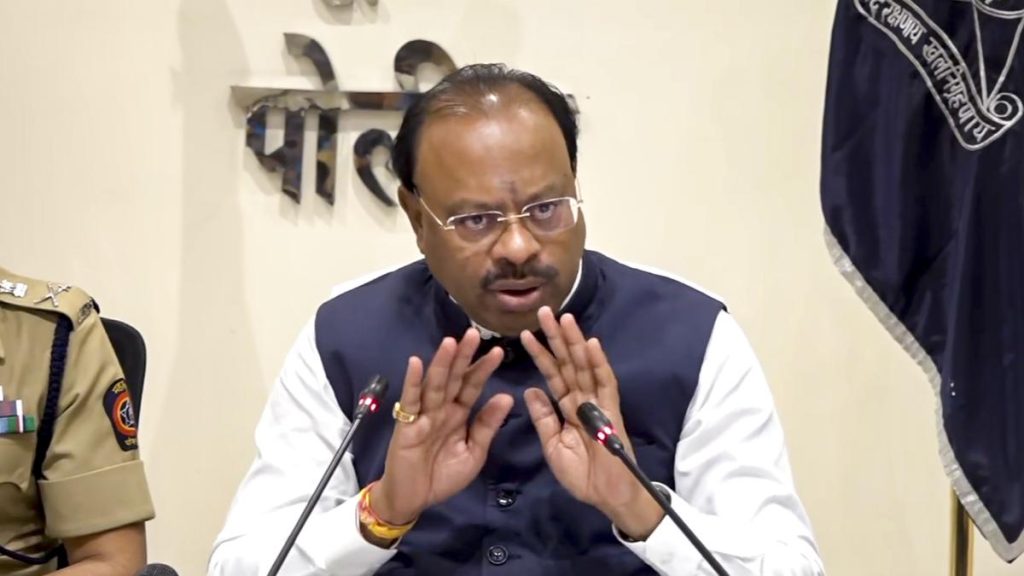Now Reading: Karnataka’s SEP Stresses Need for Constitutional Value Education
-
01
Karnataka’s SEP Stresses Need for Constitutional Value Education
Karnataka’s SEP Stresses Need for Constitutional Value Education

Rapid Summary
- State education Policy (SEP) Report: Teh Karnataka State Education Policy (SEP) final report was submitted by Prof. Sukhadeo Thorat and the SEP Commission to Chief Minister Siddaramaiah.
- Constitutional Value Education: The report recommends institutionalizing “constitutional Value Education” as a compulsory subject, integrating values from constitutional principles like Fundamental Rights, Duties, and Directive Principles across the curriculum.
- Focus Areas:
– Ensure equitable access to education for economically disadvantaged and socially marginalized groups.
– free education for girls in government, aided, and private unaided colleges with financial incentives to delay child marriage.
– Target support for low-income Muslim students and rural Muslim girls.
- Teacher Recruitment: Calls for filling all vacant teacher posts with qualified regular staff while eliminating reliance on contract/guest teachers.
- Right to Education Act Extension: Recommends extending RTE coverage gradually to children aged 4-18 years.
- Quality Alignment & Curriculum Advancement:
– Improve government schools’ educational standards akin to kendriya vidyalayas.
– Develop a Extensive Curriculum for School Education emphasizing foundational learning up to Class 5 focused on values, sustainability, and holistic development.- Shift focus away from NCERT textbooks towards localized content.
- Private School Regulation:
– Discourages privatization of school education through fee regulations under Economically Backward Sections (EBS) quota compliance.
– Proposes setting up a dedicated regulatory body for private schools.
- Budgetary Allocation Recommendations:
– Allocate at least 3% of Karnataka’s GSDP specifically for school education.
– Increase per-student spending by steady annual growth between 5-10%.
Indian Opinion Analysis
The SEP Commission’s recommendations reflect a forward-looking approach aimed at creating an equitable foundation in Karnataka’s educational framework. Institutionalizing Constitutional Value Education aligns with fostering civically responsible citizens committed to upholding democratic principles. Its emphasis on inclusivity-providing free education initiatives targeting girls and marginalized communities-addresses critical socio-economic barriers that hinder access to quality schooling opportunities.The proposed RTE expansion could significantly broaden access but will require logistical planning given its scope involving children across rural areas in varied age groups. Similarly impactful is the mandate against contract-based teaching positions which signals prioritization of stable instructional quality but may challenge the state’s recruitment infrastructure unless adequately supported by resources or funding mechanisms.
Proposals like curbing privatization alongside establishing private-school oversight address concerns over unequal educational opportunities while balancing affordability safeguards under regulated quotas such as EBS admissions criteria.Increasing financial commitments-from GSDP allocations directly into impactful outcomes-illustrate intent toward sustainable betterment measures vital within broader developmental goals aligned not only statewide perspectives idealisms broader societal advancements onward progressive front significantly crucial contexts changes adaptability transitions implementing phases policies past structures reforms ways responsive measures importantly bridging gaps inequalities differences setups governance models focused integrative balanced optimized student beneficiaries endless stages future generations! Ultimately overall evidence appears promising cautiously neutral interpretation trajectories… Unforeseen monitoring periodic executions recalibrations pathways successes diligent strategy endowments policymakers milestone implementations ahead…

























